
Аннотация
Karl Wittfogel is best known for his monumental work Oriental Despotism: A Comparative Study of Total Power, first published in 1957. Starting from a Marxist analysis of the ideas of Max Weber on China and India's "hydraulic-bureaucratic official-state" and building on Marx's sceptical view of the Asiatic Mode of Production, Wittfogel came up with an analysis of Oriental despotism which emphasized the role of irrigation works, the bureaucratic structures needed to maintain them and the impact that these had on society, coining the term "hydraulic empire" to describe the system. In his view, many societies, mainly in Asia, relied heavily on the building of large-scale irrigation works. To do this, the state had to organize forced labor from the population at large. As only a centralized administration could organize the building and maintenance of large-scale systems of irrigation, the need for such systems made bureaucratic despotism inevitable in Oriental lands. This structure was uniquely placed to also crush civil society and any other force capable of mobilizing against the state. Such a state would inevitably be despotic, powerful, stable and wealthy. Wittfogel believed this hydraulic hypothesis applied to Russia under the Soviet Union.
The sinologist Frederick W. Mote, however, strongly disagreed with Wittfogel's analysis, but others, such as Barrington Moore, George Lichtheim and especially Pierre Vidal-Naquet are among those who found the thesis stimulating. F. Tökei, Gianni Sofri, Maurice Godelier and Wittfogel's estranged pupil Lawrence Krader, then Maoist F. Kramer or Claus Leggewie/Helmut Raich concentrated on the concept. Two Berlin leaders of the SDS student movement, Rudi Dutschke and Bernd Rabehl, have published on these themes. Then East German dissident Rudolf Bahro later said that his Alternative in Eastern Europe was based on ideas of Wittfogel, but because of the latter's later anti-communism, Wittfogel could not be mentioned by name. Bahro's later ecological ideas, recounted in From Red to Green and elsewhere were likewise inspired by Wittfogel's geographical determinism.
The Hydraulic Society thesis was also taken up by ecological anthropologists such as Marvin Harris. Further applications of the thesis included that to Mayan society, when aerial photographs revealed the network of canals in the Mayan areas of Yucatan. Critics have denied that Ceylon or Bali are truly hydraulic in the Wittfogel sense.
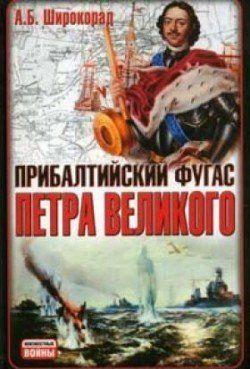
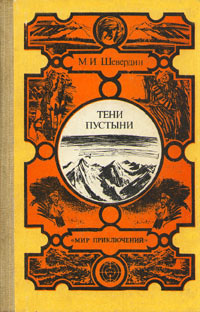
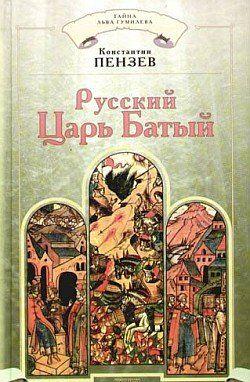
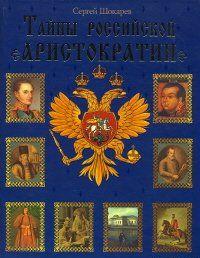
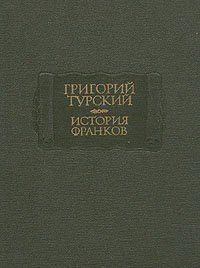


Комментарии к книге "Oriental Despotism. A Comparative Study of Total Power"